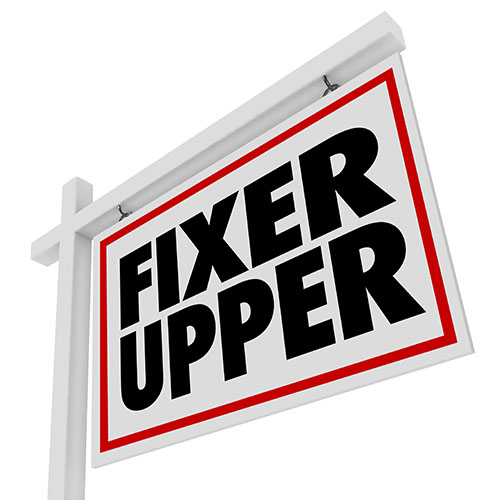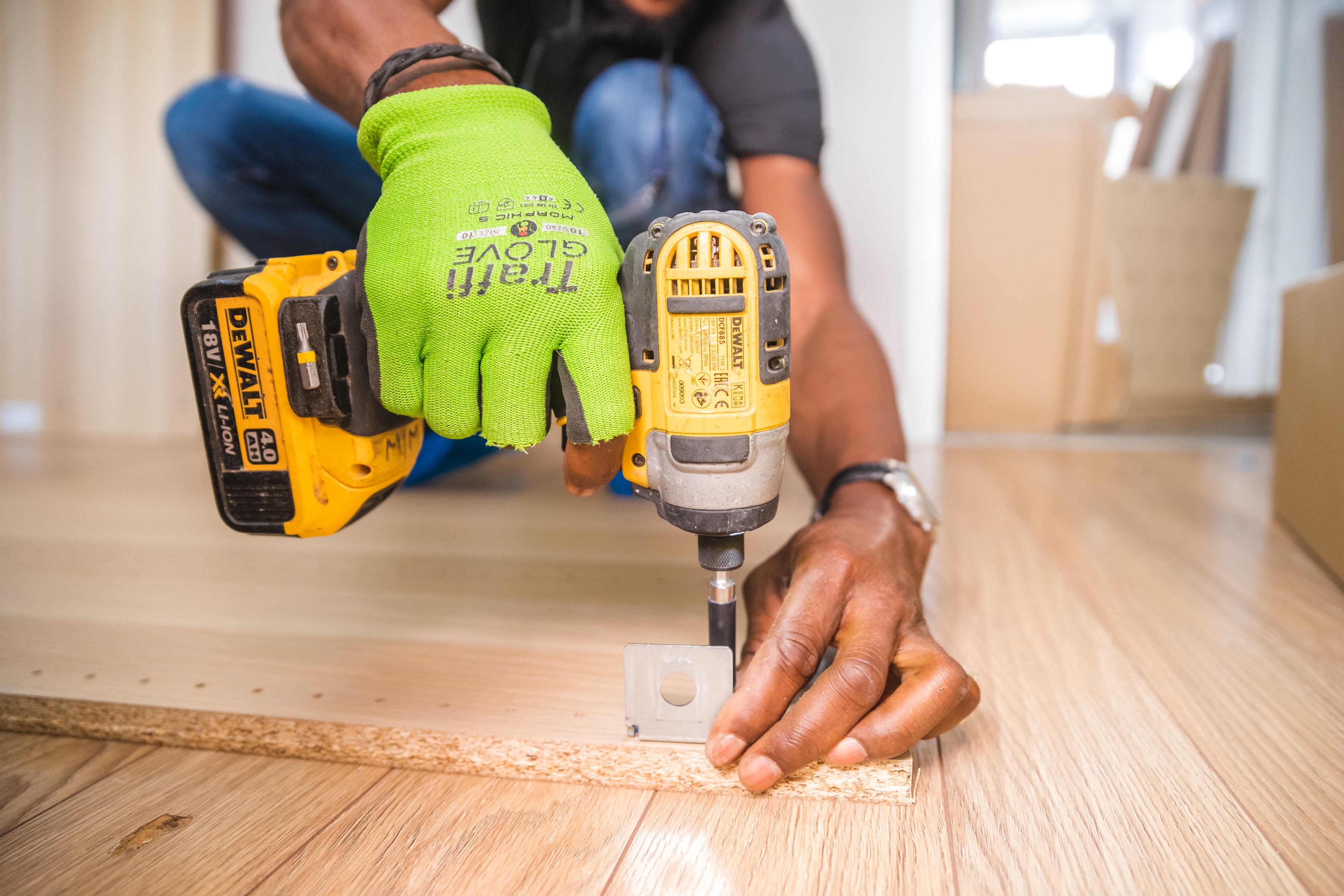The Importance of Reviewing Your Insurance Policies During The COVID-19 Pandemic
 The COVID-19 pandemic has taken the world by storm. Millions of people all over the world have been infected and businesses have ground to a halt. During this time, it is important for everyone to take a breath, pause, and look at their insurance policies.
The COVID-19 pandemic has taken the world by storm. Millions of people all over the world have been infected and businesses have ground to a halt. During this time, it is important for everyone to take a breath, pause, and look at their insurance policies.
The reality is that the economic crisis is following in the footsteps of the obvious public health emergency. In order for everyone to hold their finances together, it is important to explore all of the options. This includes looking at insurance policies.
Business Interruption Insurance
One of the first policies or riders that everyone has to look for is called business interruption insurance. This is an insurance policy that might be able to assist companies that are struggling with reduced revenue streams due to interruptions in their normal business operations.
For example, if a business is forced to shut down due to the COVID-19 pandemic, this might fall under the category of business interruption insurance. This can help businesses bridge the gap until they can reopen again.
Civil Authority Clauses
This is a feature that is common in property insurance. This insurance claim can be triggered if government policies restrict the entry of people onto the property of the policyholder. If this restriction leads to lost income, then the insurance policy can be triggered. Everyone should check their policies to see if this clause is included as this can provide funds to businesses that might not otherwise be able to stay open.
Defensive Policies And Riders
Finally, defensive policies are often put in place to help companies defend against lawsuits that might be filed against the company related to injuries and illnesses. Without a doubt, there will be a slew of lawsuits filed related to the COVID-19 pandemic. Defensive policies can help companies cover legal fees, settlement costs, and other expenses related to these lawsuits.
Defensive policies are also called D&O insurance (Directors and Officers Insurance) as well as General Liability Insurance. It is important to read the insurance policy carefully to see if these policies are included.
Businesses need to explore every available option when it comes to reopening. These insurance policies can help them survive the COVID-19 pandemic.

 If you are like a lot of homeowners who have just sold their homes, packing up to move is the least enjoyable aspect of the whole thing. Packing is always time consuming, but it is worse when you have weird shaped items to pack. Sometimes the most commonly used items end up being difficult to pack.
If you are like a lot of homeowners who have just sold their homes, packing up to move is the least enjoyable aspect of the whole thing. Packing is always time consuming, but it is worse when you have weird shaped items to pack. Sometimes the most commonly used items end up being difficult to pack. If you’ve expressed any interest in buying a home that you can work on, your real estate agent may present you with one or two fixer upper properties for your consideration. Fixer upper homes can offer good value for certain kinds of homebuyers.
If you’ve expressed any interest in buying a home that you can work on, your real estate agent may present you with one or two fixer upper properties for your consideration. Fixer upper homes can offer good value for certain kinds of homebuyers. As a homeowner, there are numerous situations in which someone might need a home service professional. On the other hand, this can also create a sense of vulnerability because people might not know who to choose. In order to find the right home service professional, there are a few tips that people need to follow.
As a homeowner, there are numerous situations in which someone might need a home service professional. On the other hand, this can also create a sense of vulnerability because people might not know who to choose. In order to find the right home service professional, there are a few tips that people need to follow.